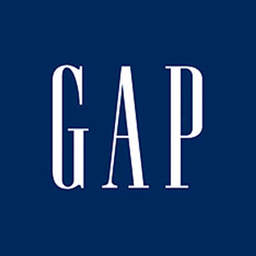Hanoi has been taking major steps towards the government’s recommendations on improving the business climate towards transparency and international conformity.
Nguyen Van Tu, director of the city’s Department of Planning and Investment, discussed with VIR’s Thu Trang areas of future administrative reform and how the city can leverage more investment for future development.
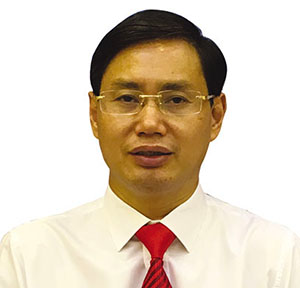 |
What are the city’s messages delivered at the “Hanoi 2017 – Investment Co-operation and Development” conference on June 25 to businesses?
Last year, Hanoi held an investment co-operation and development conference for the first time. This was a landmark event, affirming the important role of businesses as a driving force for the city’s development. At the conference, Hanoi pledged to continue to take initiatives in improving the business climate, increasing competitiveness, and supporting business development.
Following the success of the 2016 conference, the 2017 event once again proved Hanoi’s determination to realise the government’s directions to make the investment environment more transparent and compliant with international norms.
The city always supports the business community, and is creating more favourable conditions for businesses, startups, and investors to do long-term business activities here.
As a connector between investors and the city’s leaders, what measures will the Department of Planning and Investment suggest to improve the business climate?
The city has taken many measures over the past years to lure more financial sources. First, the city always strives to keep fast-tracking economic growth, thus convincing investors that they can seek good investment opportunities in Hanoi, in its position as a dynamic and populous market and an economic and international transaction hub in the region.
Second, the city will continue to invest in infrastructure development in a consistent manner, especially in developing the transport network connecting with Noi Bai International Airport, Haiphong and Cai Lan seaports, the railway network, and expressways, while improving telecommunications, electricity, water, and industrial park infrastructure.
In addition to upholding the role of being an educational and training centre in the country, the city has been focusing on increasing the quality of its human resources towards meeting international standards, thus satisfying the demand for well-qualified labourers among businesses.
The department has acted as counsellor for the city’s leaders in administrative reform towards applying a “one-door online portal”. This includes cutting the time for the investment registration process by 30 per cent and guiding businesses toward completing over 70 per cent of business registration procedures online.
In 2016, Hanoi’s ranking in the provincial competitiveness index (PCI) improved significantly, rising to 14th among 63 provinces and cities nationwide. What administrative reforms should the city focus on to climb in the rankings?
Hanoi will take a number of measures to continue improving the business climate, PCI ranking, and support for the business community. These include modernising administrative procedures and increasing state officials’ awareness and responsibility.
Hanoi has developed information technology (IT) infrastructure and IT-based management, and is looking to make the city into a smart city. We have also completed the framework for e-government development; digitised databases for departments, agencies, and district authorities; built and updated core databases on land, business, justice, civil status, and state officials; and completed a three-level online one-door system connecting to public services, paving the way for 40 per cent of public services to be handled online, with the rate increasing to 70-80 per cent by 2020 in all departments and districts.
The city has also made information about the activities of local state agencies transparent online, while creating interactive mechanisms between authorities on different levels and businesses via e-portals.
For high-tech development, what will Hanoi do to become a magnet to investors in the field and a hub in the region?
The city has renewed its investment policies towards calling for investment in large-scale projects with high added-value and modern and environmentally-friendly technology.
The city’s priorities in healthcare focus on IT, high-tech, and bio-tech. Other emphases are on infrastructure development, human resource training, research and development, modern services, and advanced technology applications which aim to further improve the locals’ living standards and provide regional and international-standard services.
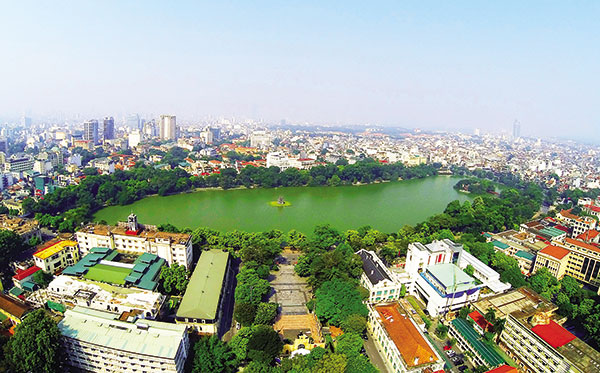 |
| With greater transparency and accessibility, administrators are hoping to improve the business climate in Hanoi |
Jens Ruebbert, Chairman of the European Chamber of Commerce in Vietnam
 |
Hanoi is a city and a region at the heart of Vietnam’s development towards a full-fledged market economy, rightfully connected with the global market. This scaling up, aimed at allowing trade and investment to be more fluid, is reflected in projects such as the metro line and the city’s connection to nearby seaports, such as Haiphong. These are areas where business opportunities can be found.
In terms of policy recommendations, EuroCham is the most active foreign chamber in Vietnam, and is in constant contact with the central government and local authorities. For example, last month we met with Hanoi People’s Committee Chairman Nguyen Duc Chung. The content of this meeting covered topics directly related to what EuroCham believes are the most productive steps towards improving the business environment in Hanoi, as well as for allowing foreign investors – particularly Europeans – to contribute to the city’s advancement.
In this context, facilitating business operations and market access is key. As usual, we make reference to applicable policy recommendations included in our annual Whitebook, coupled with a firm belief that in order to fast-track the development that Hanoi needs, a strong partnership with business must be consolidated. In order to achieve this, policy and regulatory changes must be carried out towards fostering a more dynamic business environment. This has to do with many topics, including market entry costs for foreign investors; improving and clarifying the public-private partnership framework; implementing the EU-Vietnam Free Trade Agreement; streamlining land access; improving administrative transparency; ensuring judicial recourse for foreign enterprises; improving business support services; and developing human resources and training.
Hironobu Kitagawa, Chief representative of JETRO Hanoi
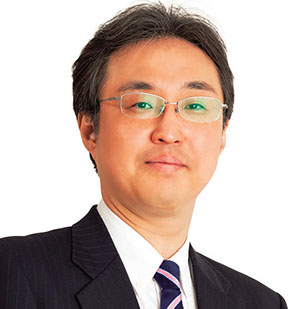 |
As the Vietnamese capital and a big city, I believe that Hanoi’s attraction has increased.
In the context of the wave of Japanese firms moving from the manufacturing sector to the trade-service sector, Hanoi’s investment attraction will contribute to establishing a Vietnam-Japan relationship in the new trade-service sector.
Thus, it is very necessary to improve Hanoi’s urban functioning. The transformation of urban functions applied in Tokyo and Osaka will bring lessons for Hanoi to improve its own urban functions.
Hong Sun, Vice chairman of the Korea Chamber of Business in Vietnam
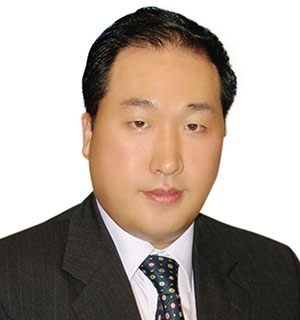 |
Though many big Korean investors and firms wish to conduct their business and investment in Hanoi, they are finding it difficult to do this. It is because the investment costs and land rental in Hanoi are much higher than that of other localities.
That is why big Korean firms such as Samsung and LG have placed their investments in the northern provinces of Bac Ninh, Thai Nguyen, Bac Giang, and Hung Yen, and in the northern city of Haiphong. These localities have lower land rental and investment costs, and also have attractive investment incentives.
Samsung is expected to reap an export turnover of about $60 billion this year. Because they have gigantic investment projects which have great impact on socio-economic development in the localities home to their projects, they don’t want to pay high land rental fees. If Hanoi offers lower land rentals, it may attract more big Korean projects like Samsung or LG.
VIR

















